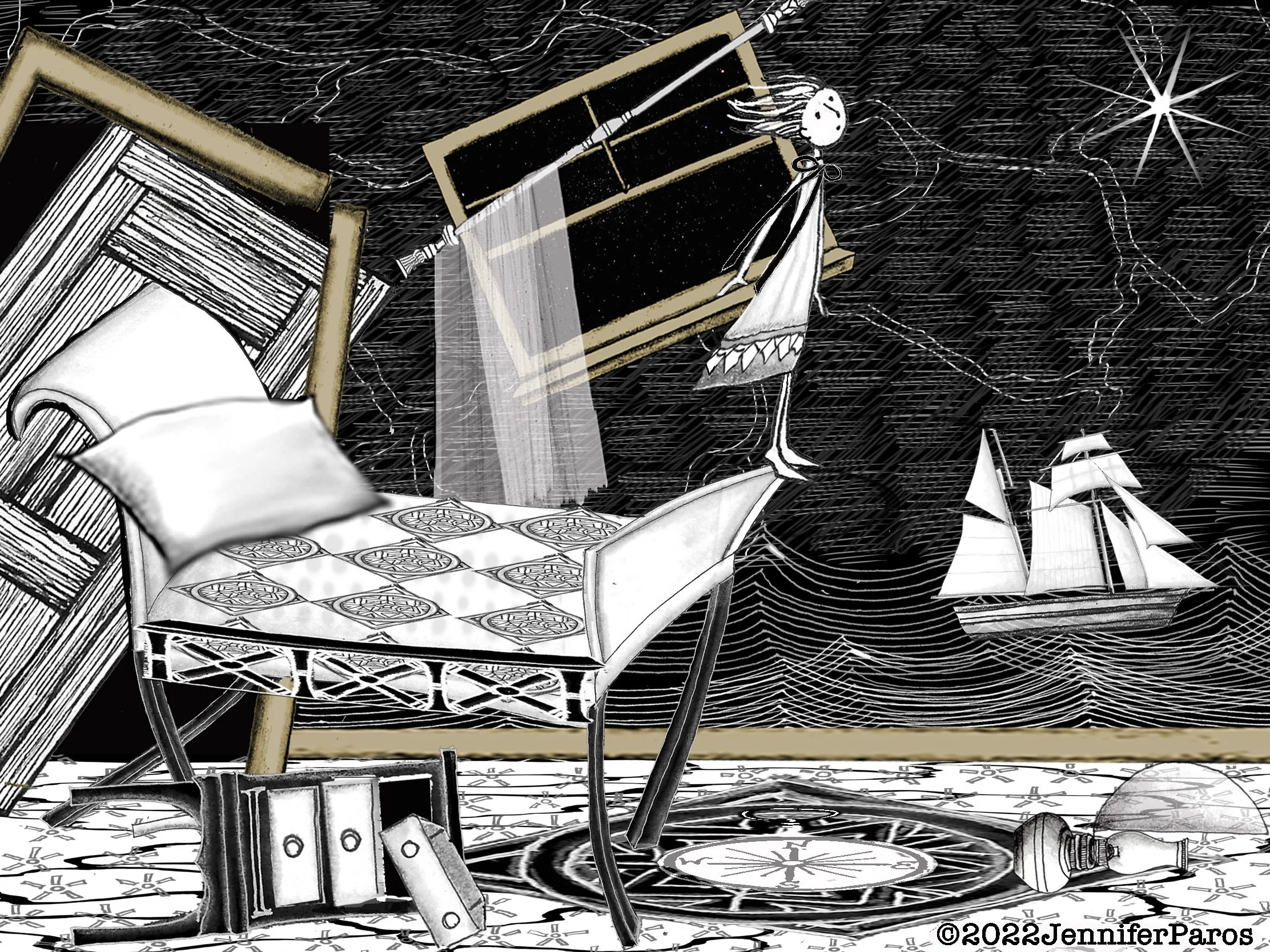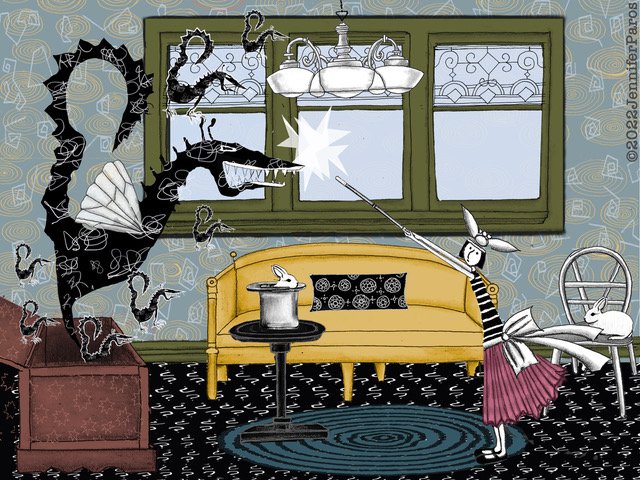I’ve had numerous middle-of-the-night scares recently, some sparked by medical type issues and symptoms, and some not. Between the physical experiences and my mental/emotional reactions to them, I felt like both a building being shaken by an earthquake and the earthquake itself – a system on overload. And though doctors have been employed and tests run, this story is not so much about medical conditions, it’s about the mental and emotional climate that can bring a person to her knees – but for a good reason.
When I awaken in the middle of the night, distressed to any degree, it’s a result of having left myself during the day. I may have abandoned myself to diagnoses, car problems, a work project, or a lost loved one, object, or position. Essentially, I may have been consumed by thoughts of vulnerability, victimhood, or loss. My energy and attention became absorbed in my reaction to something - even perhaps to a concept I hold of myself that is also not me. And being lost to myself feels unsafe, which wakes me just as an alarm would.
Read More





